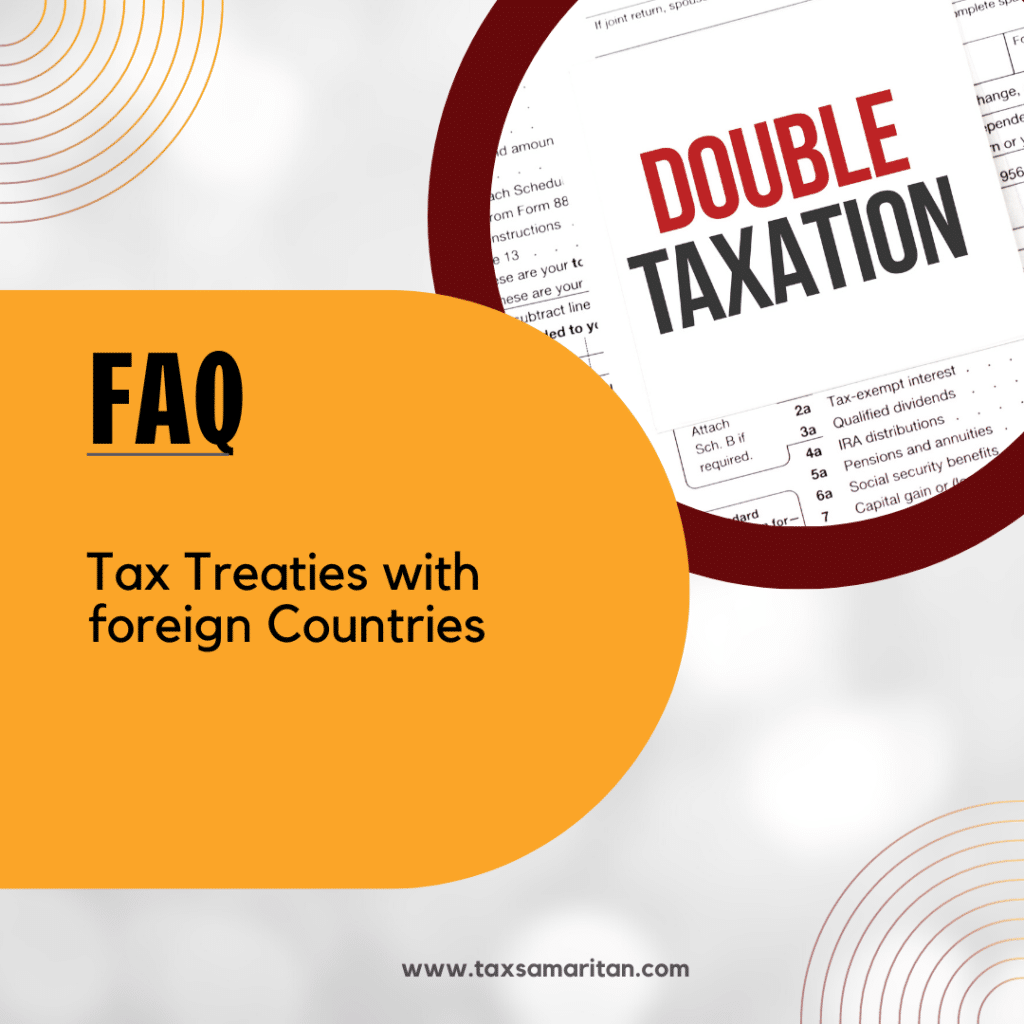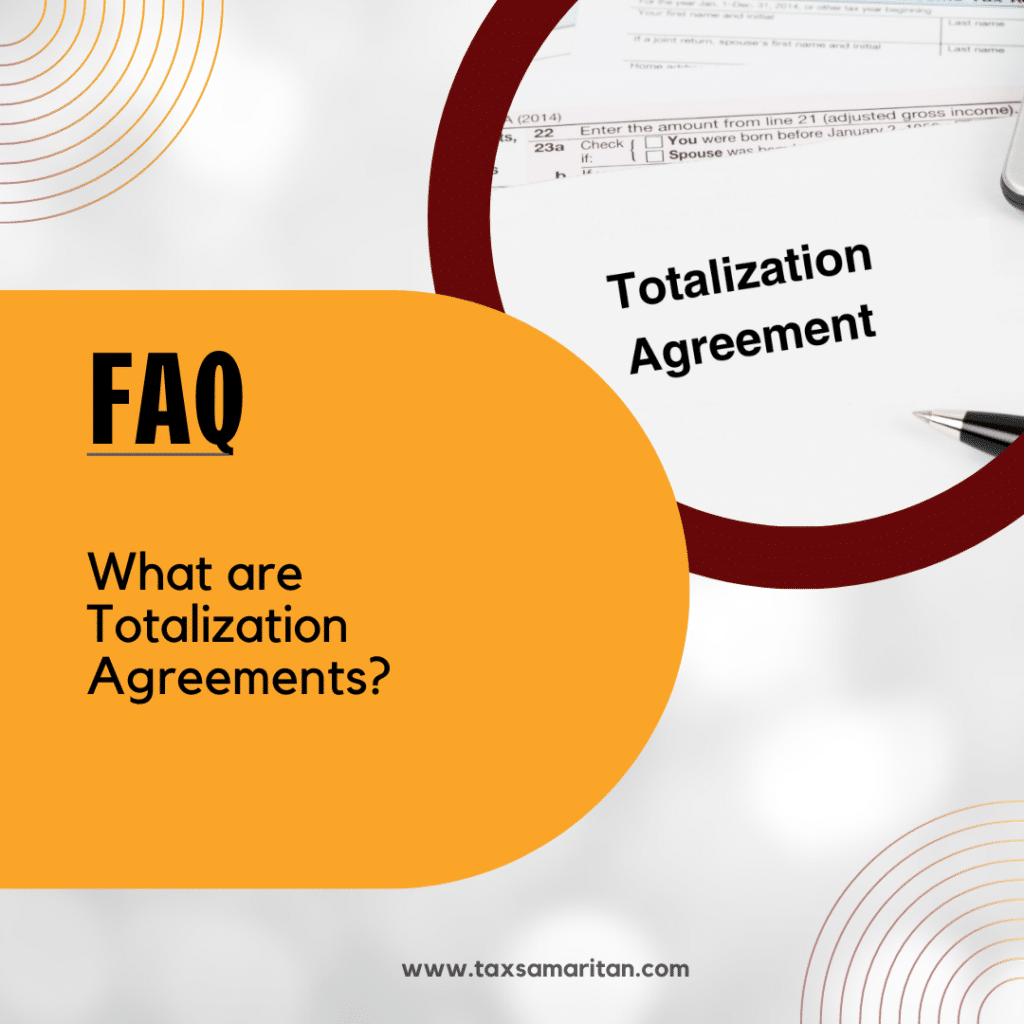FAQs - Tax Treaties
Tax Treaties with foreign countries

The United States has income tax treaties with a number of foreign countries. Under these treaties, residents (not necessarily citizens) of foreign countries are taxed at a reduced rate, or are exempt from U.S. income taxes on certain items of income they receive from sources within the United States. These reduced rates and exemptions vary among countries and specific items of income. Most income tax treaties contain what is known as a “saving clause,” which prevents a citizen or a resident of the United States from using the provisions of a tax treaty in order to avoid taxation of U.S. source income.
Treaties should be carefully examined to find if you are entitled to a:
· Tax credit
· Tax exemption
· Reduced rate of tax
· Other treaty benefit or safeguard
The United States has tax treaties with the following countries:
Armenia, Australia, Austria, Azerbaijan, Bangladesh, Barbados, Belarus, Belgium, Bulgaria, Canada, China, Cyprus, Czech Republic, Denmark, Egypt, Estonia, Finland, France, Georgia, Germany, Greece, Hungary, Iceland, India, Indonesia, Ireland, Israel, Italy, Jamaica, Japan, Kazakhstan, Korea, Kyrgyzstan, Latvia, Lithuania, Luxembourg, Malta, Mexico, Moldova, Morocco, Netherlands, New Zealand, Norway, Pakistan, Philippines, Poland, Portugal, Romania, Russia, Slovak Republic, Slovenia, South Africa, Spain, Sri Lanka, Sweden, Switzerland, Tajikistan, Thailand, Trinidad, Tunisia, Turkey, Turkmenistan, Ukraine, Union of Soviet Socialist Republics (USSR), United Kingdom, United States Model, Uzbekistan and Venezuela
What are Totalization Agreements?

Totalization Agreements are agreements designed to help taxpayers avoid paying too much in taxes. At this time, the United States has Totalization Agreements with the following countries: Australia, Austria, Belgium, Canada, Czech Republic, Chile, Denmark, Finland, France, Germany, Greece, Ireland, Italy, Japan, Luxembourg, Netherlands, Norway, Poland, Portugal, Slovak Republic, South Korea, Spain, Sweden, Switzerland and the United Kingdom.
These agreements prevent dual Social Security taxation, which occurs when a taxpayer from one country spends time working in another country and must pay Social Security taxes to both countries on the same earnings. In addition, these agreements help to fill in gaps in benefit protection for individuals who have split their careers between the United States and a foreign country. The agreements assign coverage to just one country and exempt the taxpayer from the payment of Social Security taxes in the other country.
